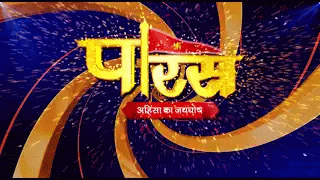Learn the Nonviolence Principle of Jainism
Jainism is promoted as a non-mystical religion that doesn't have faith in a maker divinity. It expresses that karma coordinates an individual's present life and future manifestations, and that higher creatures have no control over them. Jainism is known as Jiva (life power or soul), and it instructs that all living animals have a never-ending soul that can be liberated from common tragedies through self-restraint. This old strict custom began in India's northwestern area and extended all through the country. The 24th Thirthankara of Jainism is Vardhamana, usually known as Mahavira. Jains keep up that their lessons have consistently existed, have been perceived by sages since forever, and were at long last shaped in their latest structure by Mahavira. Jainism YouTube channel can assist you with getting a critical understanding. Jain mantra The Namokar' mantra is the most fundamental in Jain custom. It steers clear of any god or element specifically. The petition is devoted to the useful qualities, or guna, of the divine beings, educators, holy people, and people. Each Jain learns this mantra as their first petition. In the event that strength and trust are required, this mantra may be said. Note According to Jain dharma, or Jain way of thinking, an individual should follow a severe otherworldly and moral code of conduct to accomplish moksha, which is characterized as freedom or departure from the interminable pattern of birth and passing. The five pledges taken by Jains are Ahimsa, Satya, Asteya, Brahmacharya, and Aparigraha, and this code is established on them. Pay attention to Kadve pravachan to expand your insight about Jainism.
source by :- https://www.parastvchannel.com/blog_detail/66




Comments
Post a Comment